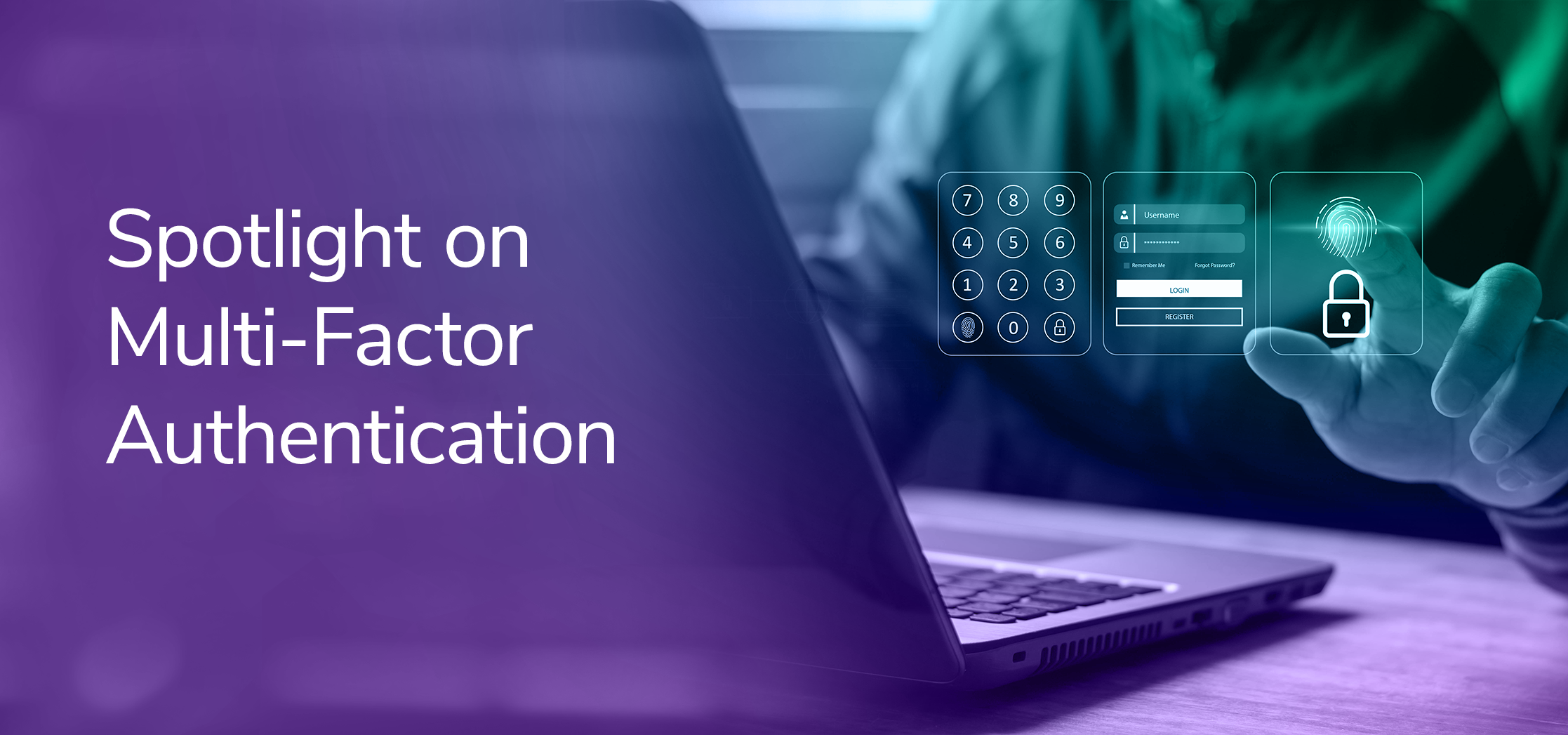
As a small business owner, you know that protecting your company’s sensitive data and technology assets is paramount. With cyber threats becoming increasingly sophisticated, relying solely on passwords to safeguard your business is no longer enough.
We sat down with Ashley Jones, CEO and co-founder of cybersecurity consultancy Razilio, to discuss multi-factor authentication (MFA) for small businesses. Jones discusses what MFA is and why implementing it should be a top priority for enhancing your online security.
Understanding Multi-Factor Authentication
Securing your business IT accounts, especially when accessed remotely, requires more than just a single password. This is where multi-factor authentication (MFA) steps in. MFA adds an extra layer of protection by requiring users to provide multiple pieces of evidence to verify their identities.
In today’s remote work environment, where accessing business accounts from various locations and devices has become the norm, MFA is crucial. It acts as a digital bouncer, ensuring that only authorized individuals can gain entry to your business accounts, even when accessed remotely.
“Think of MFA as having multiple locks on the virtual door to your business accounts,” says Jones. “Instead of relying solely on a password, MFA requires additional authentication factors, such as a verification code sent to your mobile device or a biometric scan, to grant access.”
By implementing MFA, you create a robust defence against unauthorized access to your business accounts, especially when accessed remotely. Even if a password is compromised or intercepted, cybercriminals would still need the additional authentication factors to breach your accounts.
“It’s like having an extra security guard stationed at the virtual entrance, providing an additional barrier against unauthorized access, particularly from remote locations.”
Why your clients’ need MFA for their businesses
There are many reasons why your SME clients should consider using multi-factor authentication, but according to Jones and the Razilio team, four are standouts:
1. Heightened security
Small businesses are often targeted by cybercriminals seeking to steal their money. By implementing MFA, your clients can significantly reduce the risk of unauthorized access to their business accounts and sensitive data. Even if a password is compromised, the additional authentication factors act as a robust barrier.
2. Protection against phishing attacks
Phishing attacks, where malicious actors trick employees into revealing login credentials, can lead to devastating consequences for a small business. MFA acts as a powerful shield against such attacks, making it significantly more difficult for cybercriminals to exploit stolen passwords alone.
3. Defense in the face of data breaches
Data breaches have become all too common, affecting businesses of all sizes. The age-old Australian mentality of ‘she’ll be right mate’ is not a practical defence against data breaches. By enabling MFA, even if an employees’ passwords are exposed in a breach, your client’s business accounts will be more secure. The additional authentication factors ensure that cybercriminals cannot gain access.
4. Safeguarding business assets
Your clients’ small businesses hold valuable assets—customer data, financial records, intellectual property—that are crucial to their operations. Enabling MFA adds an extra layer of protection, ensuring that their business assets remain safeguarded from unauthorized access.
Enabling MFA: It’s simpler than you think!
Enabling MFA for business accounts doesn’t have to be a complex or time-consuming process. Most modern software as a service and technology platforms allow small business owners to do this ‘out of the box’.
While every platform is a little different following these three steps will get your clients on the right path forward:
1. Assess account compatibility
Clients can check if the online platforms and services they use for their businesses offer MFA options. Most reputable providers, including email services, cloud storage, and project management platforms, provide MFA features.
2. Select suitable MFA methods
Depending on the platforms, businesses can choose from options like SMS verification codes, authenticator apps (e.g., Microsoft or Google Authenticator), or hardware tokens. Your clients should evaluate the options and select the ones that align with their business’ needs.
3. Implement MFA for the whole team
Your clients can guide their employees through the process of enabling MFA for their business accounts. Everyone in their business should understand the importance of MFA, provide clear instructions, and offer support.
Multi-factor authentication is an essential tool for small businesses. It can help safeguard your clients’ data, thwart phishing attacks, and make unauthorised access to their systems much more difficult. As the Rizilio team like to say, “MFA All the Way!”
Creating a Cyber Liability safety net
MFA and other cybersecurity steps go a long way towards protecting your clients’ data and assets. But no plan is one hundred percent foolproof. That’s where Cyber Liability insurance* comes in.
A Cyber Liability policy helps your SME clients get back to business after a cyberattack or data breach. BizCover for Brokers makes it easy to protect their businesses with instant cover from industry-leading insurers.
- Instant quotes from up to 3 insurers – AIG, Chubb and DUAL
- 5,000+ occupations covered
- Limits up to $2 million
- Insured turnover up to $50 million
Bind multiple products for your clients with the B4B platform using just a single data entry. Help your clients fully protect their small business by binding Professional Indemnity, Management Liability or one of five other products at the same time.
Log in to bind Cyber Liability insurance for your SME clients.
*BizCover for Brokers act as agent of the insurer and not as the agent of you or your client. The opinions expressed by BizCover for Brokers contributors are their own, not those of BizCover for Brokers. Any advice provided is general only and does not take into account the personal objectives, financial situation or needs of you or your client. Always read the Product Disclosure Statement or Policy Wording (available on our website).
© Copyright 2023 BizCover Pty Limited. BizCover for Brokers is a business name of BizCover Pty Ltd (ABN 68 127 707 975; AFSL 501769).
